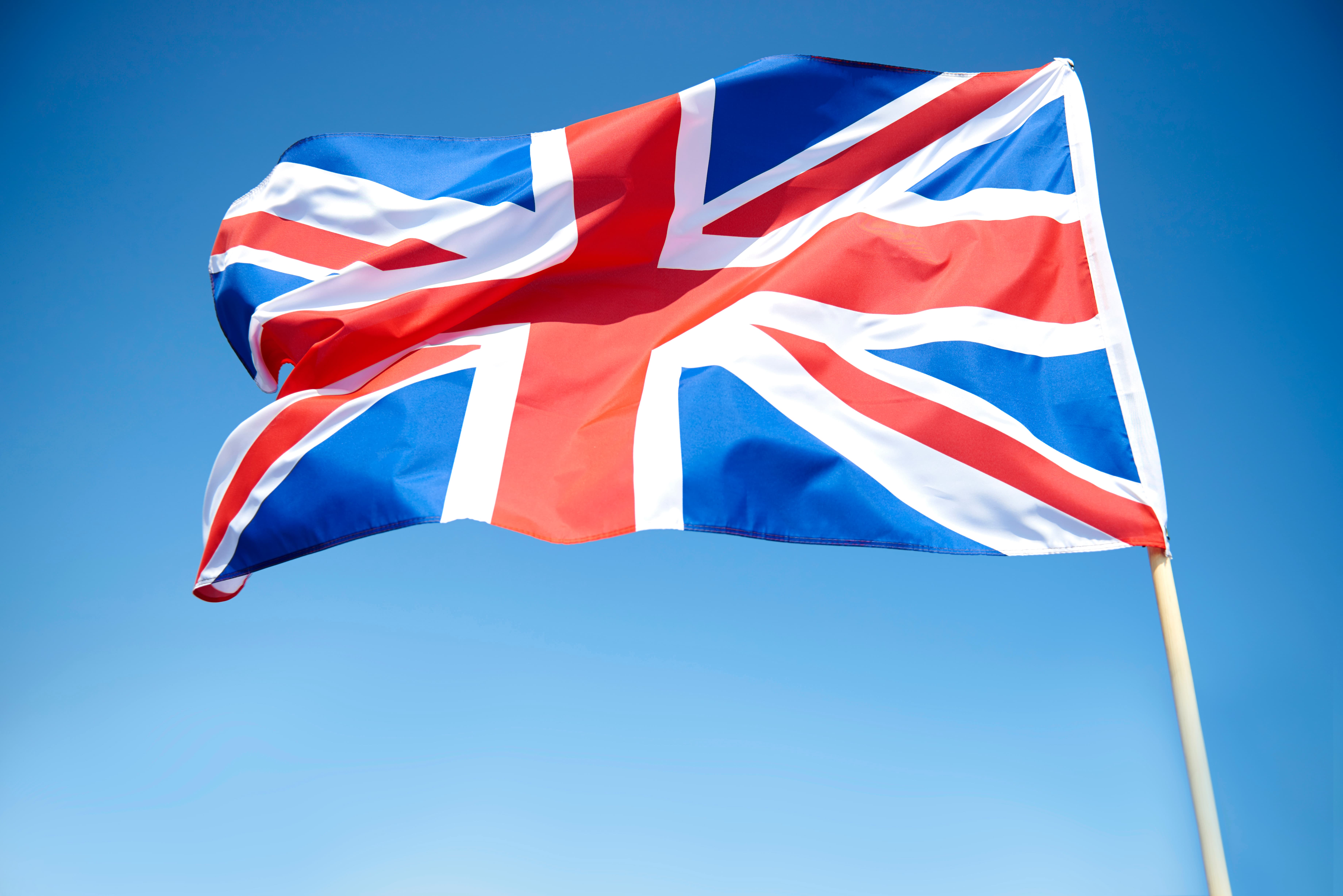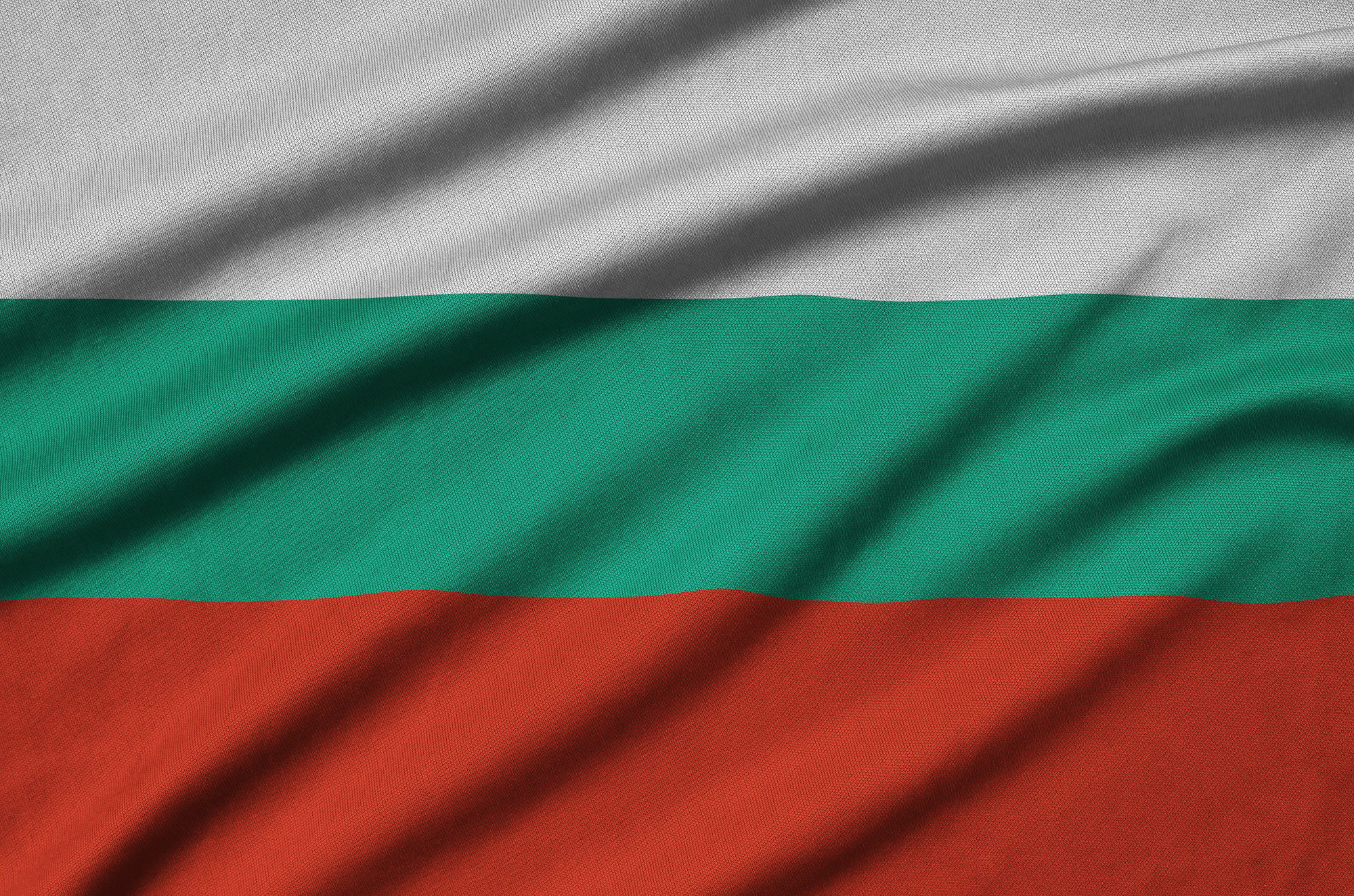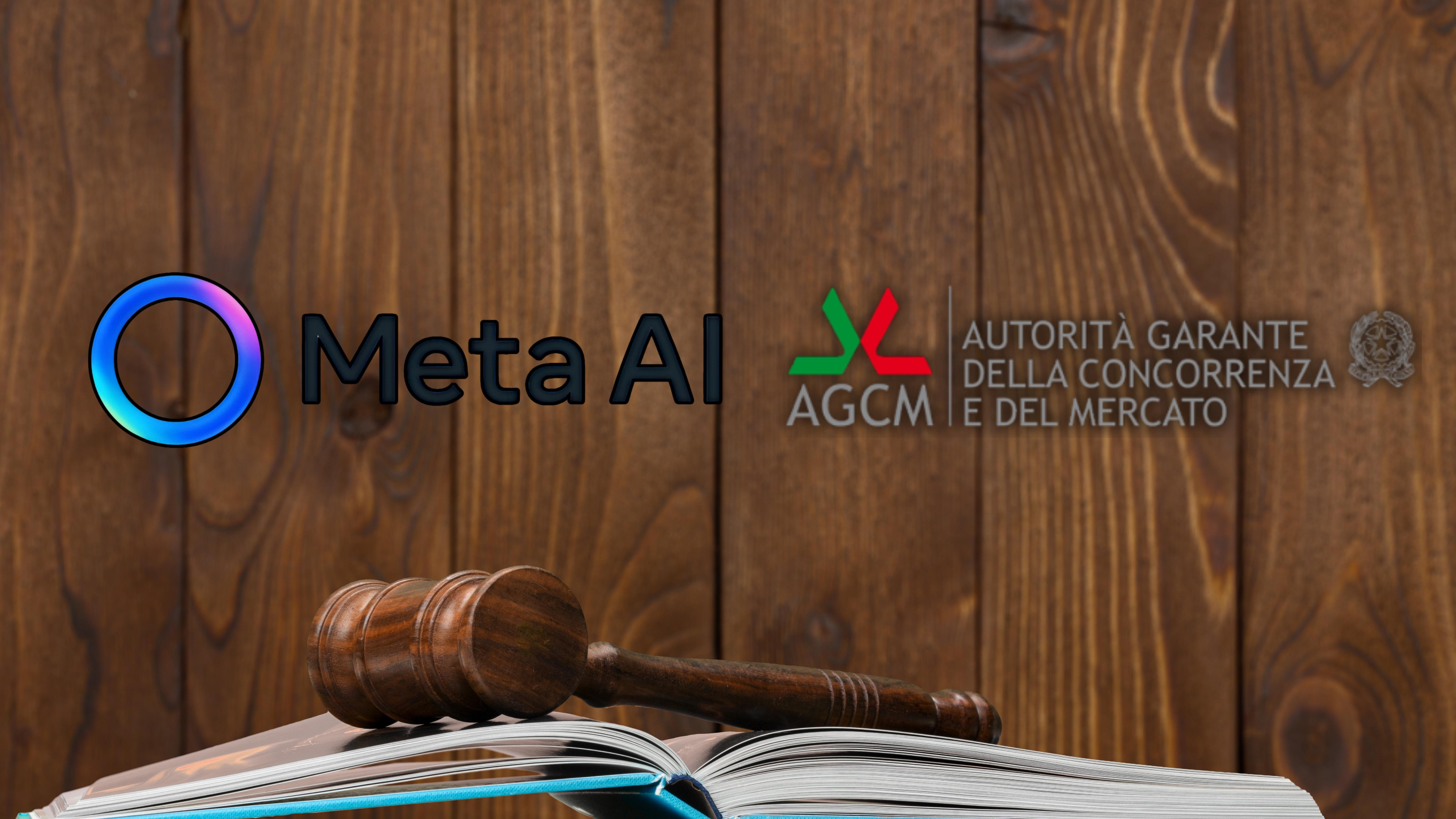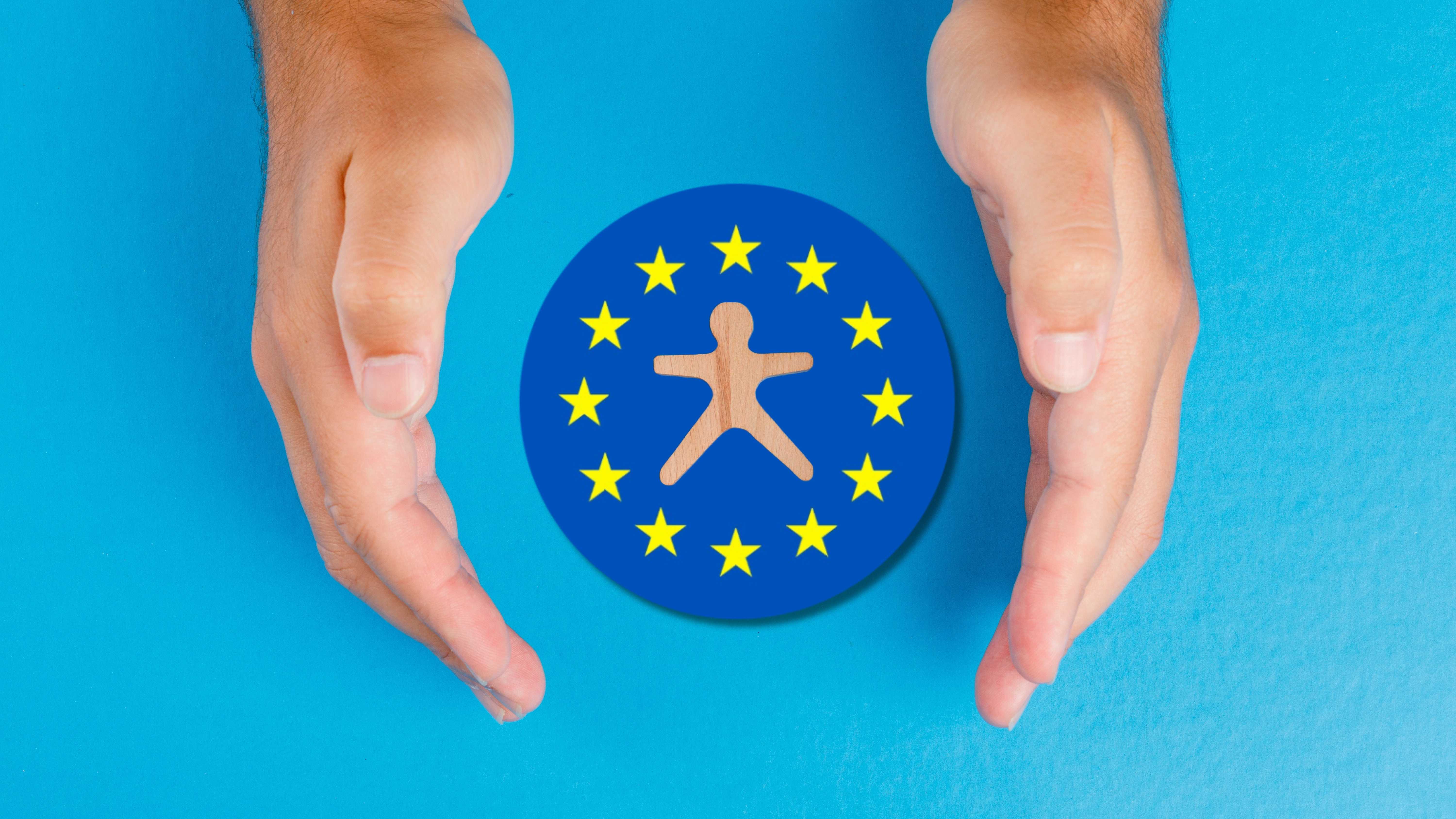The US tech giant, Meta, outlined an expanded strategy to limit online fraud by combining technical defences with stronger collaboration across industry and law enforcement.
The company described scams as a threat to user safety and as a direct risk to the credibility of its advertising ecosystem, which remains central to its business model.
Executives emphasised that large criminal networks continue to evolve and that a faster, coordinated response is essential instead of fragmented efforts.
Meta presented recent progress, noting that more than 134 million scam advertisements were removed in 2025 and that reports about misleading advertising fell significantly in the last fifteen months.
It also provided details about disrupted criminal networks that operated across Facebook, Instagram and WhatsApp.
Facial recognition tools played a crucial role in detecting scam content that utilised images of public figures, resulting in an increased volume of removals during testing, rather than allowing wider circulation.
Cooperation with law enforcement remains central to Meta’s approach. The company supported investigations that targeted criminal centres in Myanmar and illegal online gambling operations connected to transfers through anonymous accounts.
Meta stated that it backs bipartisan legislation designed to support a national response to online fraud. The company argued that new laws are necessary to weaken transnational groups behind large-scale scam operations and to protect users more effectively.
A broader aim is to strengthen trust across Meta’s services, rather than allowing criminal activity to undermine user confidence and advertiser investment.
Would you like to learn more about AI, tech and digital diplomacy? If so, ask our Diplo chatbot!










